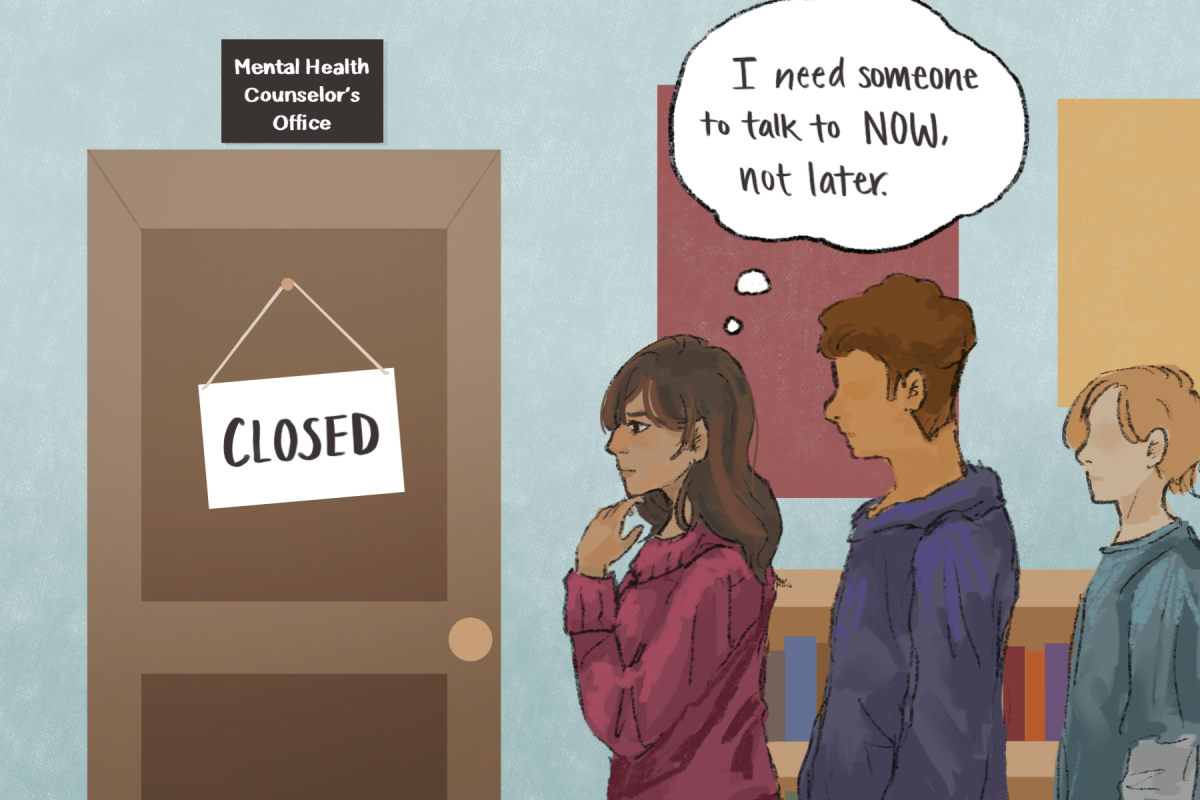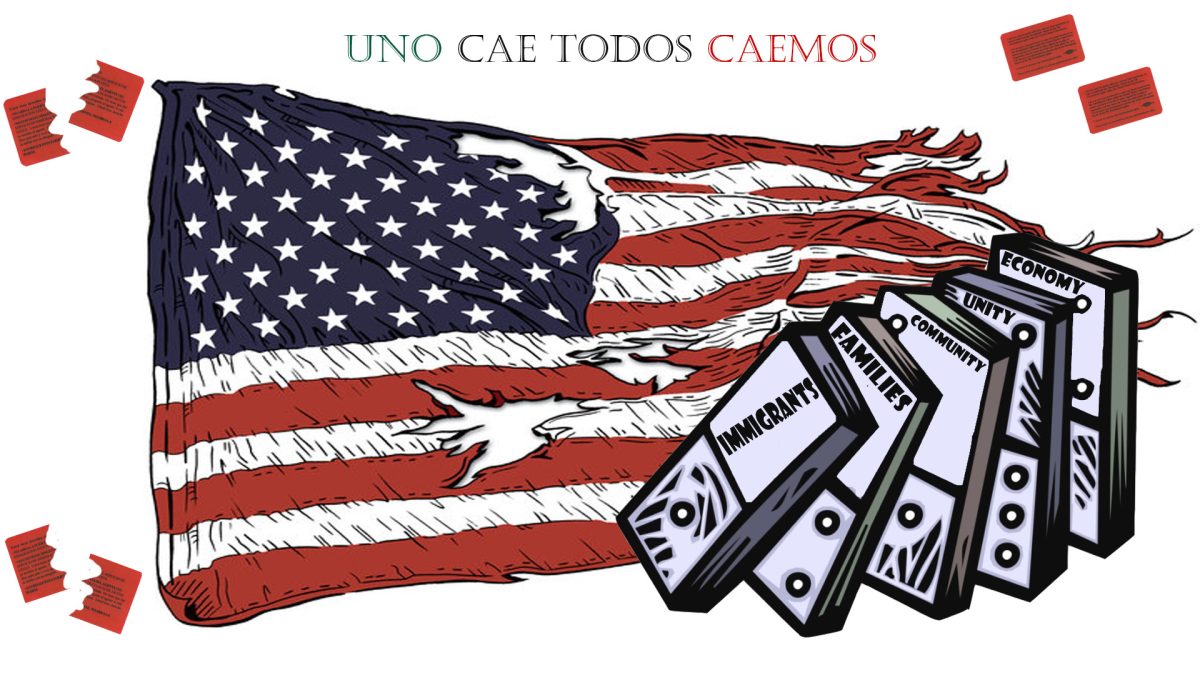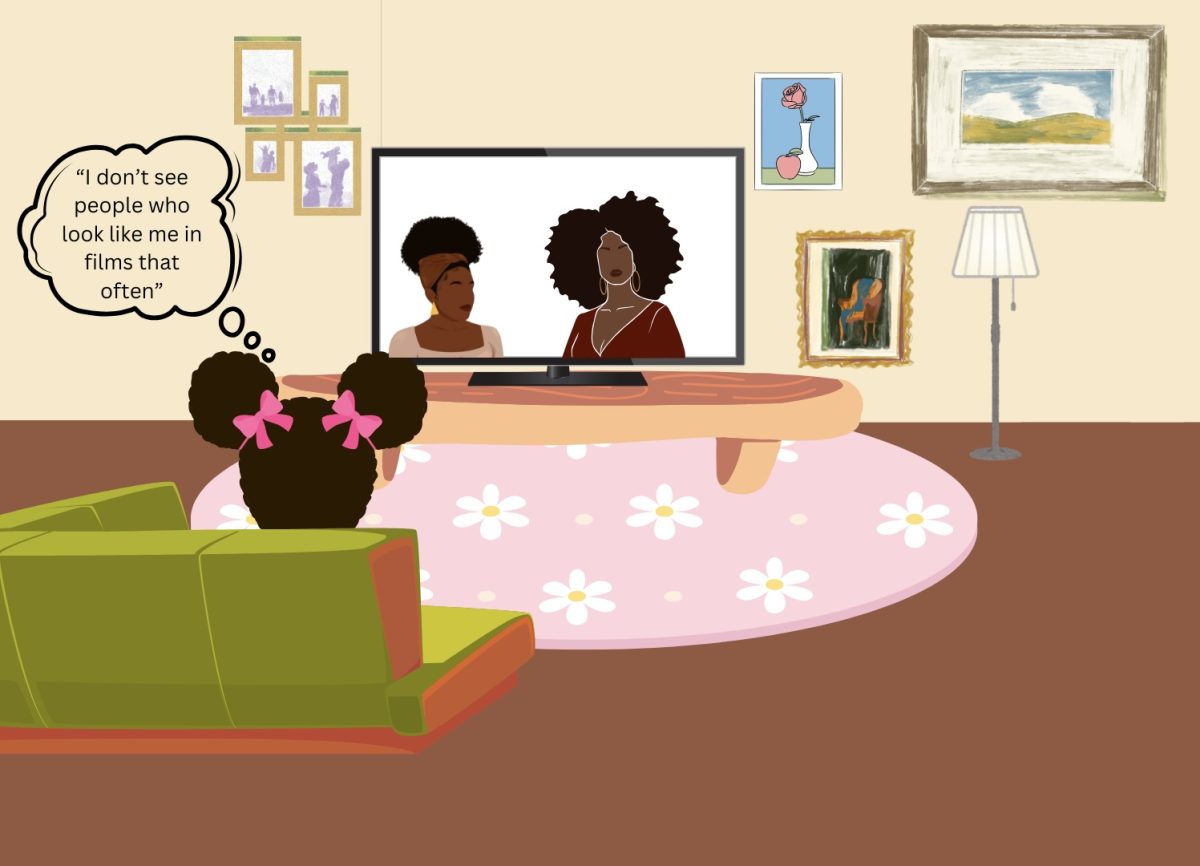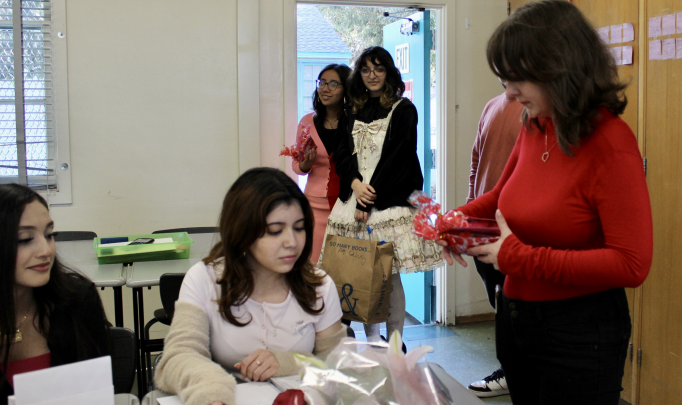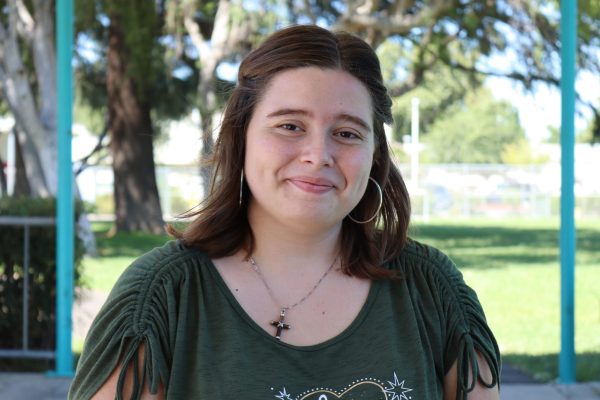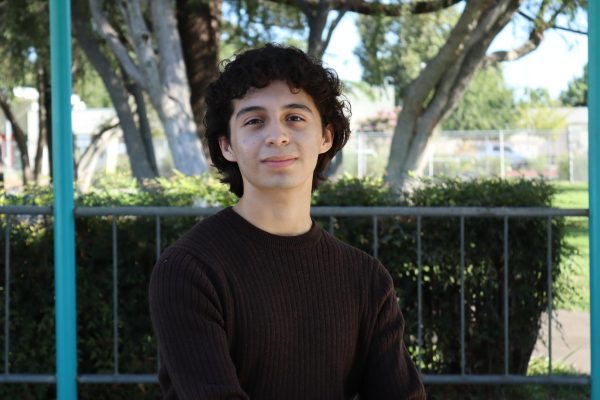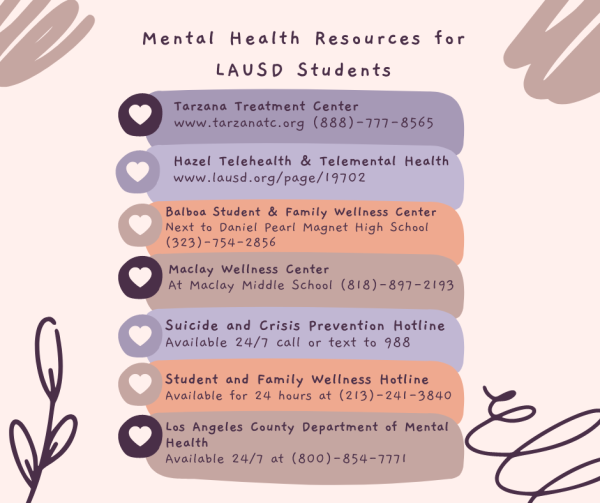
Content warning: discussions of suicide and suicide ideation.
Being someone with autism, chronic depression and anxiety, I know firsthand what it’s like to have good and bad days with my mental health. I had my first panic attack in the fifth grade, the reason behind it being all of the stress behind the upcoming transition into middle school. I was later diagnosed with autism, which explained all of my social anxiety and repetitive behaviors. It wasn’t until my senior year of high school, after being admitted to a hospital for suicidal thoughts, that I was diagnosed with chronic depression.
If there hadn’t been someone on campus the day I wanted to end my life, I would not be here today. I can’t even imagine how many students have needed someone to talk to but didn’t receive the help they needed. The need for more mental health counselors is dire with more students needing support in a stressful academic environment. Since May is Mental Health Awareness Month, I hope that more light will be shed on the dropping rate of teen mental health.
Throughout my experience in school, I know that other students like me need help with their mental health. With our own psychiatric social worker JoAnne Tuell present for three days a week and school psychologist Eliana Lichtman here only once per week, I can’t even imagine what larger schools, with more students needing mental health support, in the Los Angeles Unified School District (LAUSD) are facing.
“The health and safety of our students remains our top priority,” a Los Angeles Unified spokesperson said regarding the growing issue of mental health support. “We strongly encourage students to reach out to an adult on campus if they are experiencing a mental health crisis.”
However insightful this message is, a rise in suicide among teenagers emphasizes the need for more mental health support must be prioritized on school campuses. Suicide rates among Los Angeles teens under the age of 16 have skyrocketed tremendously. This is the youngest age ever seen in suicide rates, which is absolutely terrifying to think about.
The need for more mental health support in schools is critical for students to attend school on a daily basis. We students can’t learn if we are battling a mental health situation, which is why there needs to be a psychologist on the daily for students to talk to.
With the need for more mental health counselors, the need also arises for these counselors to be people of color. In LAUSD, the majority of students are of color, with 74% Hispanic/Latino, 10% White, 7.3% Black or African American, 5.7% Asian or Asian Pacific Islander, 0.1% American Indian or Alaska Native and 0.2% Native Hawaiian or other Pacific Islander. In a survey conducted in 2019 by the American Psychological Association, 76% of mental health counselors in the U.S. are white. This can make it difficult for us teenagers of color to relate to a mental health counselor who does not understand what we are going through.
Although I may not look it, I am half Hispanic and have been raised by a Hispanic grandma. I have not met one mental health counselor who is Latino and can tell me about the struggles we Latinos face, such as economic hardships, job and food security. Mental health counselors should reflect a diverse student body so that students of color can feel more comfortable opening up, as Latinos, Asians and African Americans top the list for mental health support in schools.
May is Mental Health Awareness Month and the need for schools all across the United States need counselors who understand the struggles we teenagers face every day. Having readily available mental health support in schools, especially mental health counselors that reflect the many cultural backgrounds of LAUSD students, can ease the current mental health crisis plaguing us as students. This ensures a secure place for students to feel comfortable, heard and assisted within an academic setting.
If you or someone you know is struggling or in crisis, help is available. Call or text 988 or chat 988lifeline.org. Veterans, press 1 when calling. 24/7 Crisis Hotline: 988 & Crisis Lifeline 988lifeline.org


